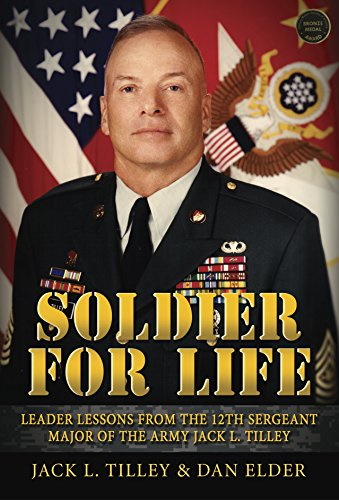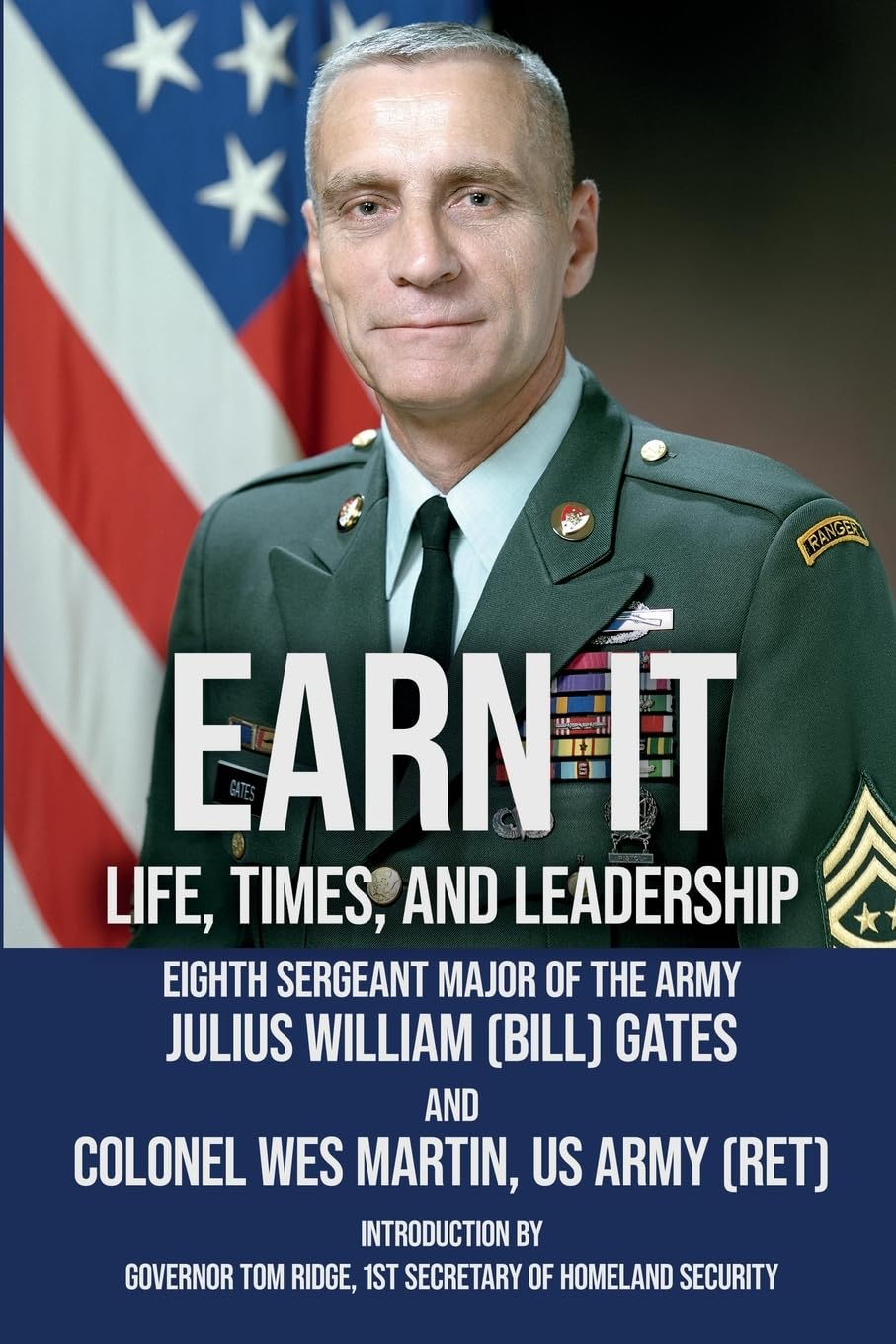
by Jack L. Tilley & Daniel K. Elder

by SMA Julius William Gates & Wes Martin

The essential guide for NCOs, this edition has been thoroughly revised and updated with the latest information on training, military justice, promotions, benefits, counseling, soldiers, physical fitness, regulations, and much more.

Jerry Horton does a superb job telling the story of an important segment of the Army that has been overlooked for too long, the graduates of the U.S. Army Noncommissioned Officer Candidate Course.

When it comes to veteran mental health, there are some preconceived notions about what it means. After over a decade and a half of sustained combat operations and high operational tempo, the topic of veteran mental health has emerged into the public consciousness.

Daniel K. Elder and his fellow contributors tell two stories, an institutional one and a personal one. In the first part of the book they discuss the origin and growth of the Office of the Sergeant Major of the Army.

Frederick William Baron von Steuben reported to General George Washington at the Continental Army's bleak winder encampment at Valley Forge.

Unless You Have Been There is an infantry soldier's personal account of his participation as a platoon sergeant, in seven major campaigns and two major landings in the European Theater of Operations during World War II.

Frederick William Baron von Steuben reported to General George Washington at the Continental Army's bleak winder encampment at Valley Forge.

When a service member leaves the military, they are leaving a unique way of life. Whether it’s the early mornings, the time away from family, or simply the connection to other service members, the daily life of someone who served in the military is not common to those who never served.

This writing attempts to capture a portion of the history of NCO education and brings together many known sources, expands on the minimal writings, and corrects some deficiencies of recent literature.

This is the definitive work on one of the least studied aspects of military history-the noncommissioned officer. Since colonial America, NCOs have played pivotal roles in the administration, training, morale, and fighting effectiveness of the Army.

“MEMOIRS OF A COMMAND SERGEANT MAJOR” (TRUE) An incredibly interesting story of a young man who joined the Army when the war broke out. At first, he hates it.

In full flight from the advancing Russian army, Nazi legions pour into Kamien-Koszyrski, Poland, in November 1943. The Nazi troops invade the town in a frenzy, routing townspeople from their homes and loading them onto horse-drawn wagons – the first step in what will become a nightmare journey to a German labor camp.

This volume originally appeared in 1989 as part of the U.S. Army’s commemoration of The Year of the NCO. Much as happened in the fourteen years cine then. The Cold War came to an end with the collapse of the Soviet empire.

In a military career spanning more than three decades, Bill Bainbridge saw service in three wars, fought in two of them, and was captured in one. He received ten Good Conduct Medals, two awards of the Combat Infantry Badge, three Army Commendation Medals, and the Distinguished Service Medal, among others.

One of the most important works of military history published in the last decade, The Old Army is the only comprehensive study of the people who made up the “garrison world” in the peacetime intervals between the War for Independence and the Spanish-American War.

Emerson, a retired U.S. Army lieutenant colonel, is the author of Chevrons, a detailed book on U.S. Army insignia, and a member of many collectors organizations.

The year is 1965, and John R. Lee has been promoted to the rank of first sergeant and assigned to a basic training unit in Fort Gordon, Georgia. In a story that contains both humorous and tragic elements, Lee never tries to be the hero; he just reports what he saw.

Command Sergeant Major (Ret.) Bobby Owens considers his leadership time as a fi rst sergeant the hallmark of twenty-nine years of active military service.